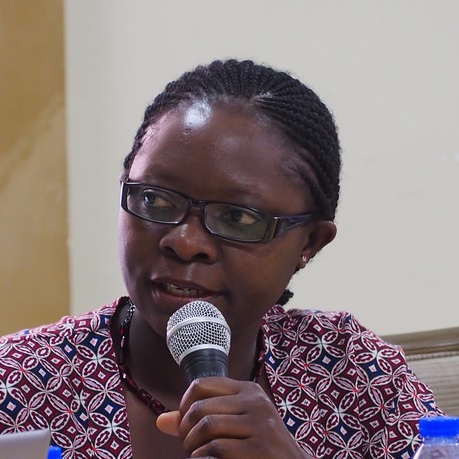Bio
Rosemary Jaji is a senior lecturer in the Department of Sociology at the University of Zimbabwe. She holds a PhD in Anthropology from Bayreuth University, Germany, as well as a BSc in Sociology and an MSc in Sociology and Social Anthropology from the University of Zimbabwe. Her doctoral thesis focused on “Refugee Women and the Experiences of Local Integration in Nairobi, Kenya.” Her research areas of interest are migration/refugees, peace and conflict studies, identity, belonging, citizenship, and gender. She has published on refugee masculinities and femininities, refugee containment, refugee hosting and identity, asylum seekers, and border crossing. Her current research is on return migration and peacebuilding in Zimbabwe.

